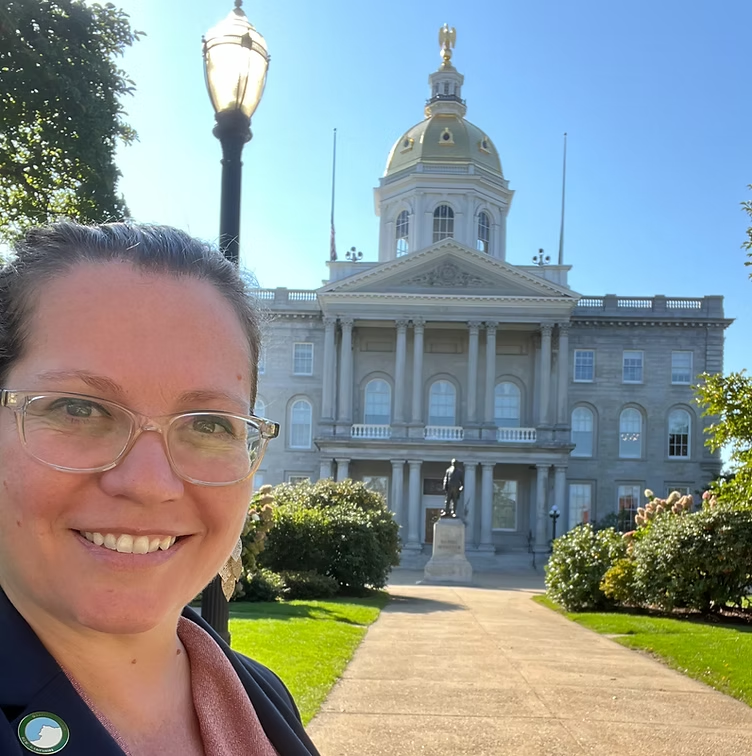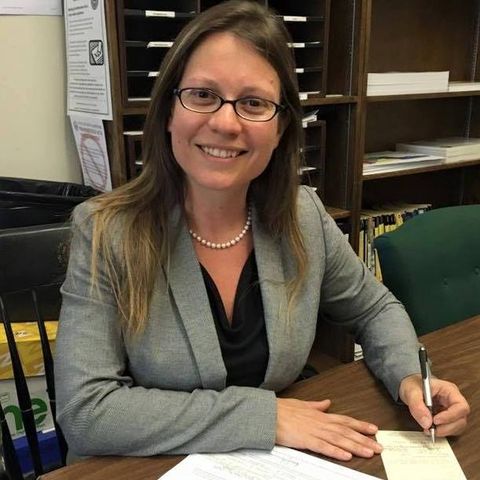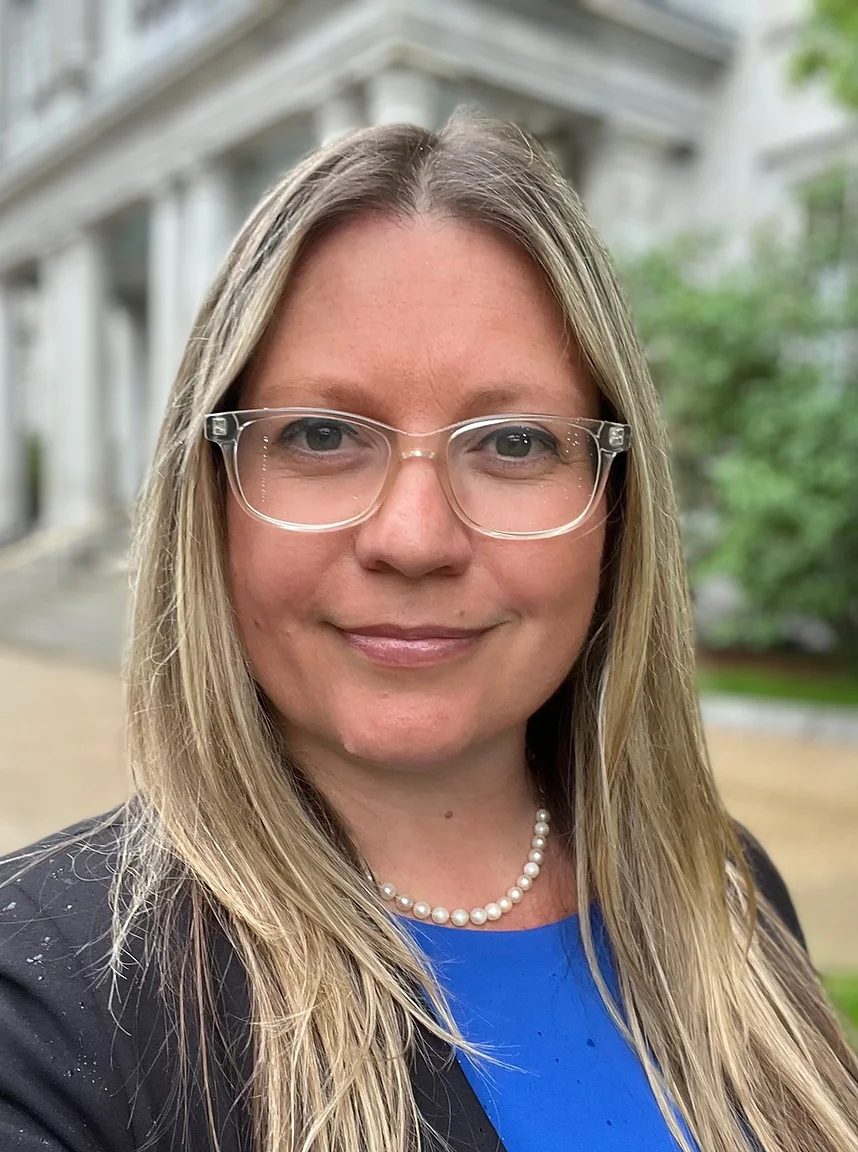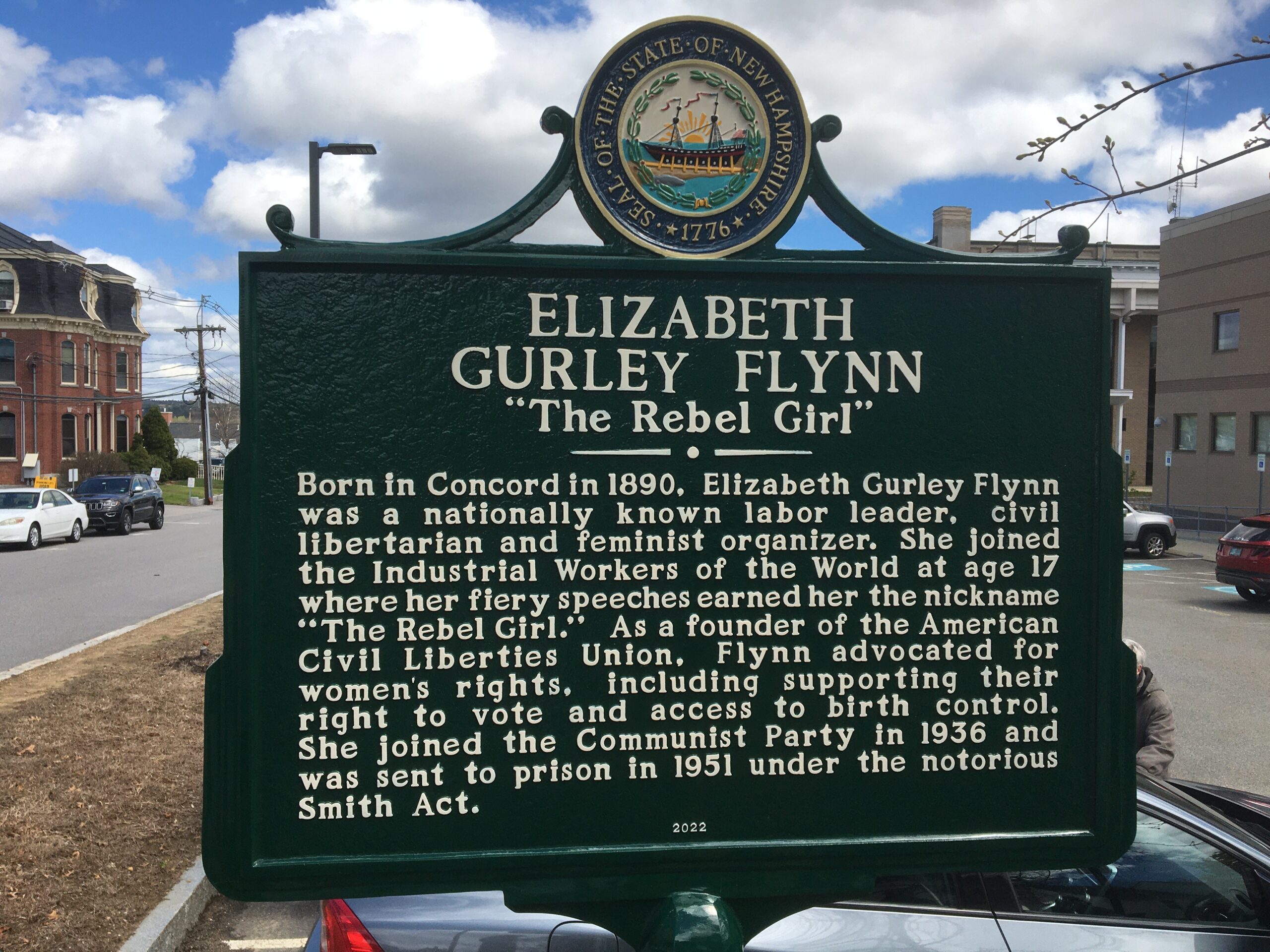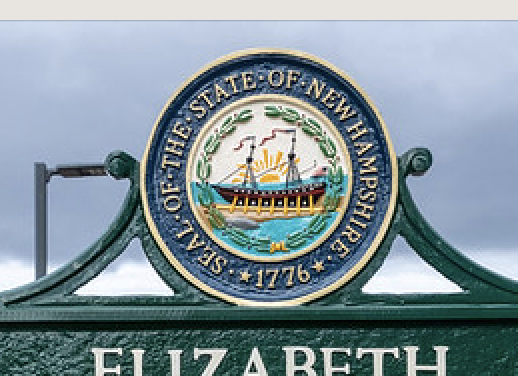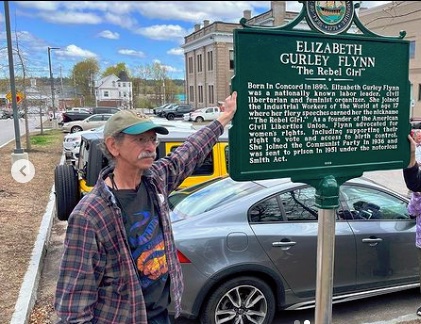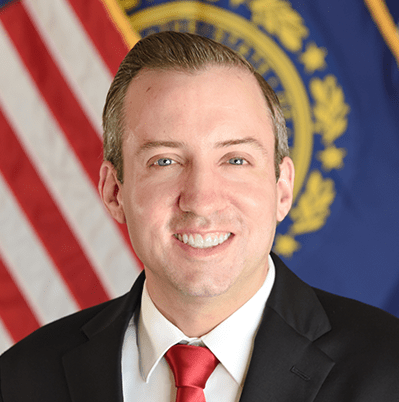Major Overhaul Coming to Fix NH Human Rights Commission Mess

After years of operating with little oversight and producing even fewer results, New Hampshire’s Human Rights Commission (NHHRC) is now set for a major overhaul. Critics say it’s long overdue.
A brutal report released in February found the agency has unresolved cases of alleged discrimination going back to the Reagan administration. Its performance is so poor that it takes on average more than two years to resolve a single case.
All the while, the agency, nominally led by Executive Director Ahni Malachi, shuffled key staff without any approval and provided annual reports that were years late.
Even with red flags about the commission’s operations, such as the years’ late reports, Executive Councilor Janet Stevens (R-District 3) told NHJournal she and the other councilors had no idea of the scope of the problem until the February performance audit released by the Office of the Legislative Budget Assistant.
For example, they were unaware that Malachi had simply stopped showing up for work, replacing herself with an “interim” director — all without oversight or scrutiny.
“The Council was not formally notified of the NHHRC Executive Director’s (Ahni Malachi) failure to fulfill the agency’s statutory responsibilities until the release of the Legislative Budget Assistant audit,” Stevens said.
The Human Rights Commission has rarely gone to the Executive Council in the time Stevens has been in her post. There was one software contract last year that needed Executive Council approval, and three appointments to the commission. The only other instances the Human Rights Commission interacted with the council is when it submitted its annual reports, sometimes a year or more late.
The LBA audit found pending cases that were years, and in some cases decades, old. The understaffed office included poorly trained investigators being mismanaged by leadership for years.
“We found the Commission did not perform necessary management control responsibilities such as developing a strategic plan; defining objectives; developing performance measures; identifying, analyzing, and responding to operational risks; and resolving prior audit findings. As a result, there was an increased risk the Commission would not achieve its objectives,” the audit stated.
Under the law that created the Human Rights Commission, the governor nominates the commissioners and the commission chair to oversee the agency, and those nominations are voted on by the Executive Council. It is the commission itself, made up of volunteers, that hires the executive director.
The Executive Council was never kept in the loop when Malachi left her post last summer due to a health problem and Investigator Katrina Taylor was made Interim Executive Director. Since Malachi and Taylor are both hired employees and not appointed, the Executive Council has no direct oversight of their jobs. That is left to the Human Rights Commission and its chair.
In January, weeks before the LBA audit was released, Human Rights Commission Chair Christian Kim resigned his post. The resignation occurred during the transition between outgoing Gov. Chris Sununu’s administration and incoming Gov. Kelly Ayotte’s. Both Ayotte and Sununu were informed of the resignation. Kim did not respond to NHJournal’s requests for comment. The commission currently does not have a permanent chair.
Republican Ayotte announced her intention to fix the Human Rights Commission and get it serving the people of New Hampshire.
“The long-term issues at the Human Rights Commission are unacceptable. My office is working with the attorney general to ensure the Commission is efficient and effective in investigating discrimination claims,” Ayotte said.
Ayotte wants to see more direct oversight of the Executive Director position by the Governor’s Office and Executive Council. Stevens said that is the right direction.
“Given the critical nature of these executive branch leadership positions, (Executive) Council oversight would ensure proper management and adherence to statutory obligations from the outset,” Stevens said.
The Human Rights Commission is administratively attached to the Department of Justice, and not an integrated part of the DOJ or Attorney General’s Office, under the law that created the commission. Attorney General John Formella said his office is working with commission staff to address the audit findings.
“Right now, we are doing a lot of work to help them through this audit, the results of the audit, and to start developing plans to address the audit,” Formella told the Executive Council last week.
Stevens wants to see a remediation plan put into place that includes frequent and transparent reports about the commission’s progress in fixing the problems.
“I remain committed to ensuring accountability and corrective action within the New Hampshire Human Rights Commission,” Stevens said.

